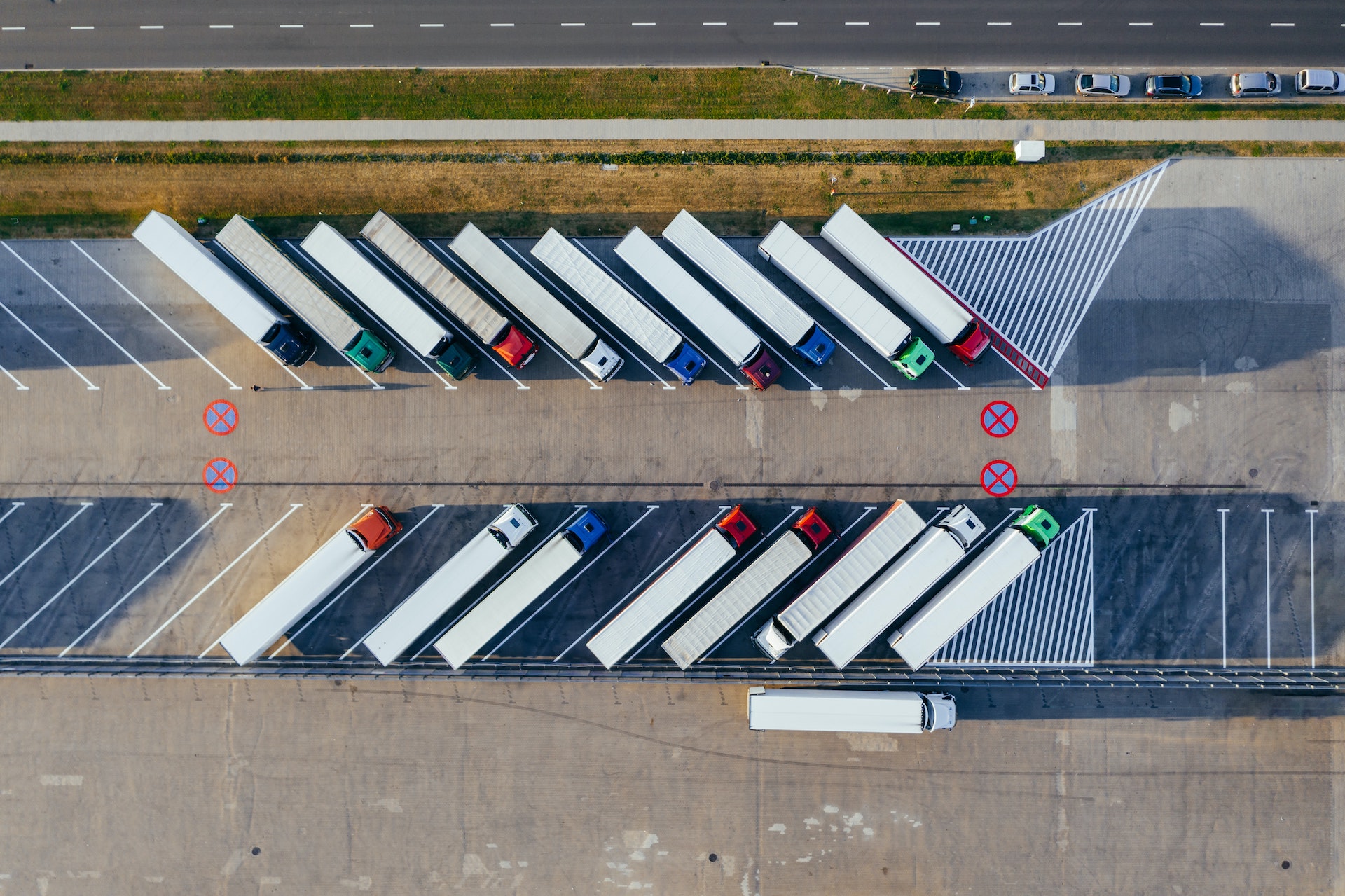The rapid onset of the COVID-19 pandemic has turned many people’s worlds topsy-turvy. With social distancing, working from home and donning PPE in public now commonplace, daily life looks very different than it did just a few short months ago.
While it’s true that nearly every action a person takes involves some level of risk in the best of times, exercising caution is particularly important during this unprecedented period in history. Safety should be a particularly high priority for freight operators and their employers. Being proactive about driver safety can help prevent the freighting industry’s most valuable resources from falling ill and infecting others. Freight companies looking to avoid unnecessary risks would be wise to heed the following pointers.
Utilize Dependable Monitoring Solutions
Knowing where your operators are at all times is now more important than ever. If a driver falls ill or incurs a serious injury in the middle of a delivery, knowing their exact location will enable you to get them the necessary assistance in a timely and stress-free manner.
Given how debilitating serious cases of COVID-19 can be, prompt assistance can be particularly helpful to any operators who are unexpectedly infected while on the road. In addition to fleet management solutions designed to keep drivers safe, you can help preserve the well-being of your cargo by investing in state-of-the-art impact recorders.
Don’t Allow Symptomatic Drivers to Come to Work
Drivers who exhibit symptoms of the novel coronavirus should be required to remain at home until being cleared to return to work by a medical professional. Even an operator seems to have a mild case of COVID-19 and isn’t particularly concerned about their own health, they stand to spread the virus to countless individuals while performing their job duties while in the throes of illness.

Furthermore, just because a driver is experiencing a mild case of the novel coronavirus doesn’t mean the people they spread it to will experience equally minor cases. So, if an operator isn’t keen on the idea of staying home to protect their own health, they should do so for the sake of others.
Use Electronic Invoicing
Given COVID-19’s highly infectious nature, it’s best to limit in-person interactions whenever possible. So, if you typically depend on your operators to present clients with invoices upon arrival, there’s no time like the present to make the switch to electronic invoicing. While it may strike you as impersonal, electronic invoicing is fast, convenient and conducive to the elimination of unnecessary risks. Additionally, ask that drivers avoid directly interacting with clients unless absolutely necessary and require them to don PPE when doing so.
Since cash and coinage are swimming with germs, drivers should be encouraged to utilize digital forms of payment throughout their journeys. Every piece of money a driver touches represents a potential source of infection, so if your operators frequently stop at motels, restaurants or fueling stations, digital payment apps can help reduce their risk of coming into contact with contaminated surfaces.
Encourage Social Distancing Measures on the Road
In instances where in-person interactions can’t be avoided, operators should be encouraged to practice social distancing. In addition to remaining at least six feet away from other people, drivers should be required to wear face-masks and gloves when interacting with others on the road.
Operators should also be discouraged from eating at dine-in restaurants and seek out establishments that offer drive-through service and/or curbside pickup. Alternatively, this risk can be eliminated altogether by packing one’s own meals before hitting the road. Companies interested in helping operators in this regard should consider providing them with some extra food money, as well as food storage solutions.
In all likelihood, COVID-19 will remain a persistent threat for the foreseeable future. With a workable vaccine at least 12 to 18 months away, many industries have been forced to reexamine the way they do business and place a strong focus on worker and client safety. Needless to say, the freighting industry is no exception. Since freight operators don’t have the luxury of working from home, it’s important for them to exercise an abundance of caution to avoid infection and help curb the spread of the novel coronavirus.
© YFS Magazine. All Rights Reserved. Copying prohibited. All material is protected by U.S. and international copyright laws. Unauthorized reproduction or distribution of this material is prohibited. Sharing of this material under Attribution-NonCommercial-NoDerivatives 4.0 International terms, listed here, is permitted.













